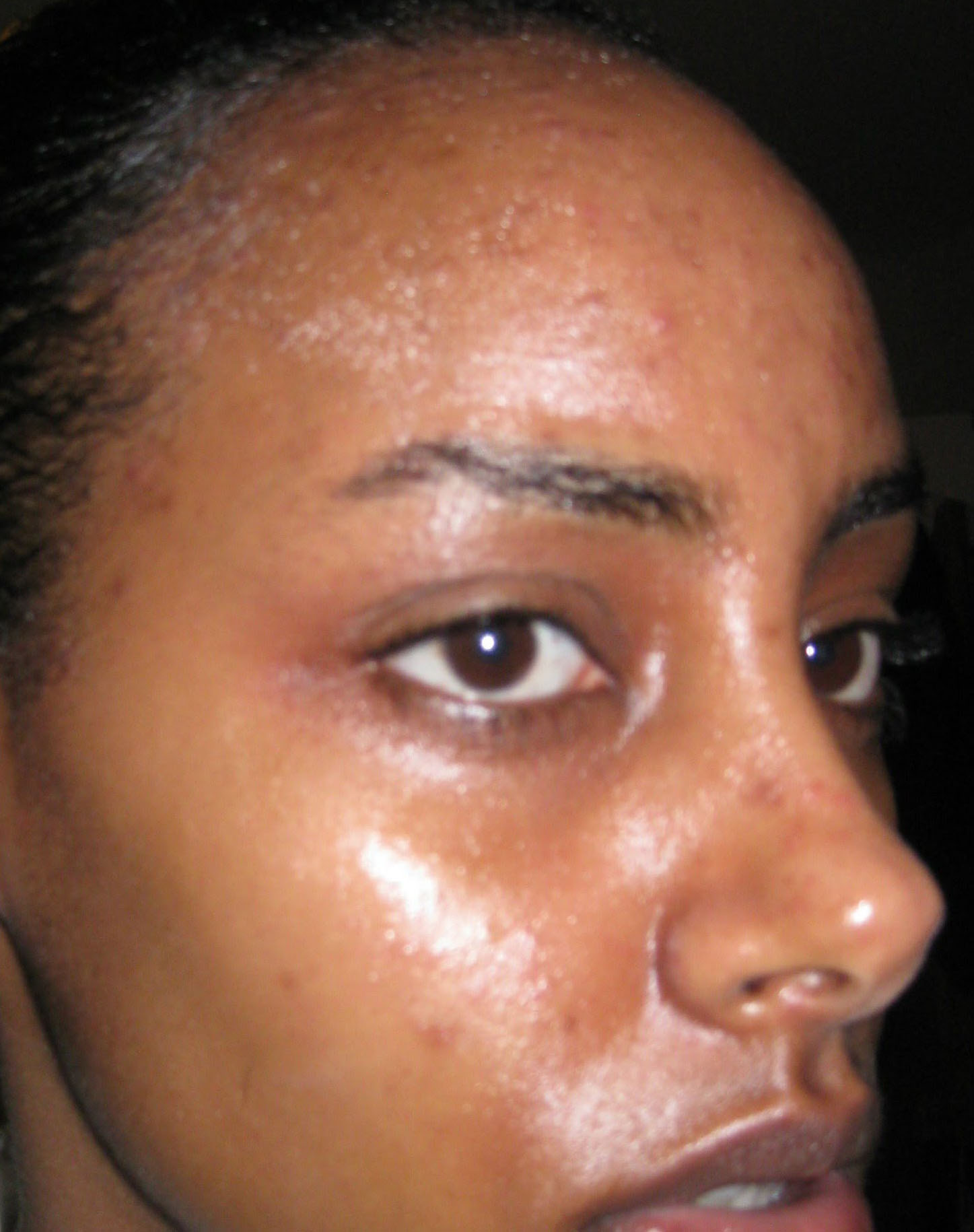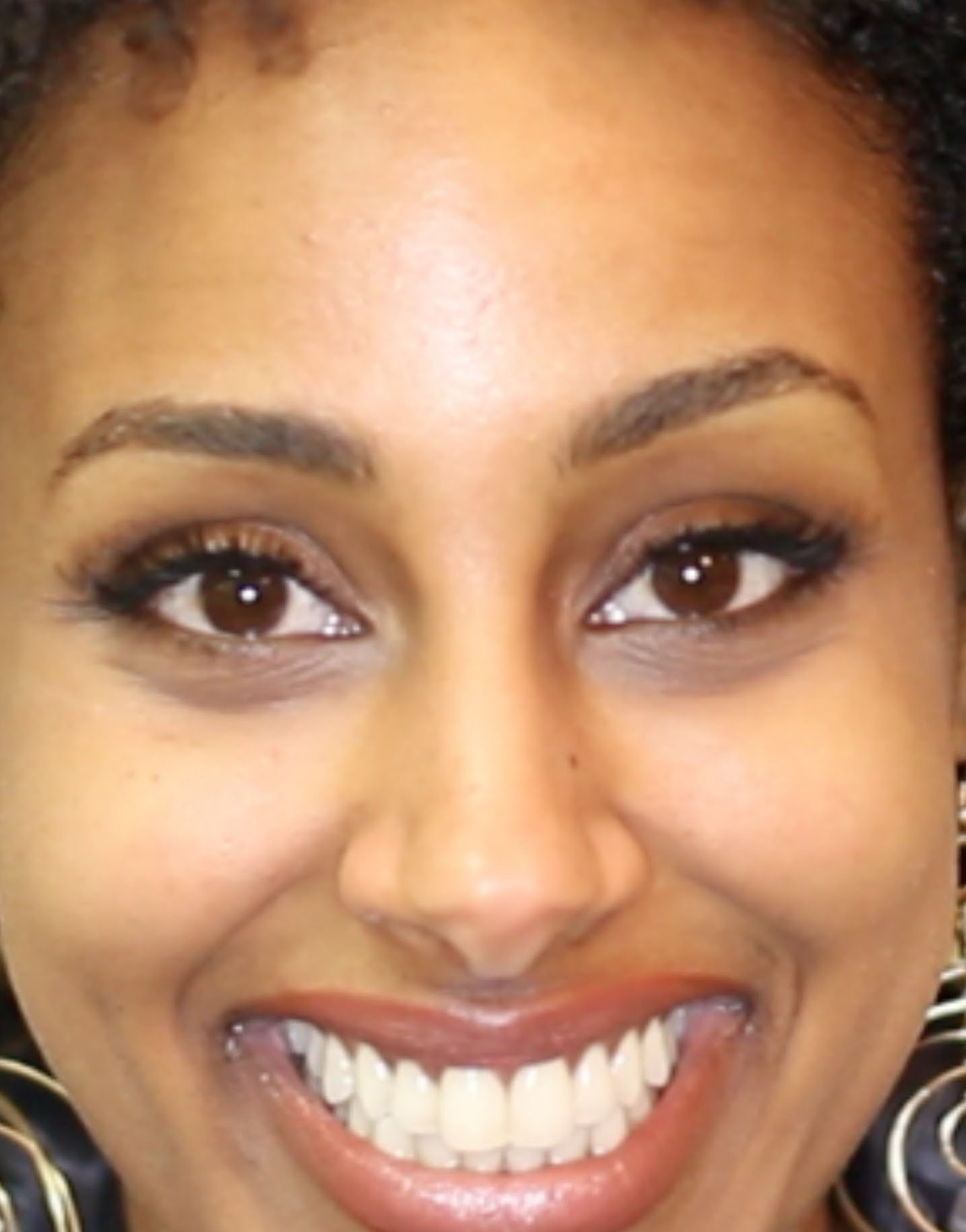Acne Problems
What is Acne?
Acne is a common chronic skin disease which occurs when your hair follicles become clogged with oil and dead skin cells. This can cause whiteheads, blackheads and inflammatory lesions to appear on the skin. The most affected areas are usually the face, the upper chest area, shoulders and the back.
There are many types of acne but the most common type is called acne vulgaris.Acne vulgaris includes the following-
.Non-inflammatory acne (whiteheads and blackheads) appear when the openings of the hair follicles becomes clogged with secretions, dead skin cells and sometimes bacteria.
.Inflammatory acne which can be raised bumps (pimples), red tender bumps with pus.Sometimes there are large painful bumps beneath the skin’s surface(nodules)with pus-filled lumps(cysts).These can cause scars. These can be further graded into stage I-IV.


Acne Problems (Slide the arrows to reveal the full picture)
What triggers Acne?
Changes in hormonal levels-stimulates oil glands to produce more sebum which then block pores. This happens at times of major hormonal changes such as during the menstrual cycle or during the teen years.
Who gets Acne?
Any age group can get acne but it is most common around ages of 12-25 year olds. In people older than 25 years of age more women are affected than men.
How is it treated?
The most appropriate treatment of acne vulgaris is based on the grade and severity of the acne. The treatment can be divided into pharmacotherapy and non-pharmacotherapy.
PHARMACOTHERAPY
- Retinoid-like agents
- Antibiotics (To be used with benzoyl peroxide or topical retinoid)
- Selective aldosterone antagonists
- Estrogen/progestin combination oral contraceptive pills
- Acne products (combination of the above)
NON-PHARMACOTHERAPY
-
Diet therapy (low-glycemic diet and avoidance of “junk foods”)
-
Superficial peels
-
Phototherapy (red or blue light)
At Dermadee we combine acne treatments to get the best results. Despite the severity of acne, we should appreciate that acne is so much more than a physical condition. Acne can be incredibly distressing. It has a psychological and social impact especially on teenagers. Sometimes they feel anxious and depressed, self-conscious and lonely.
